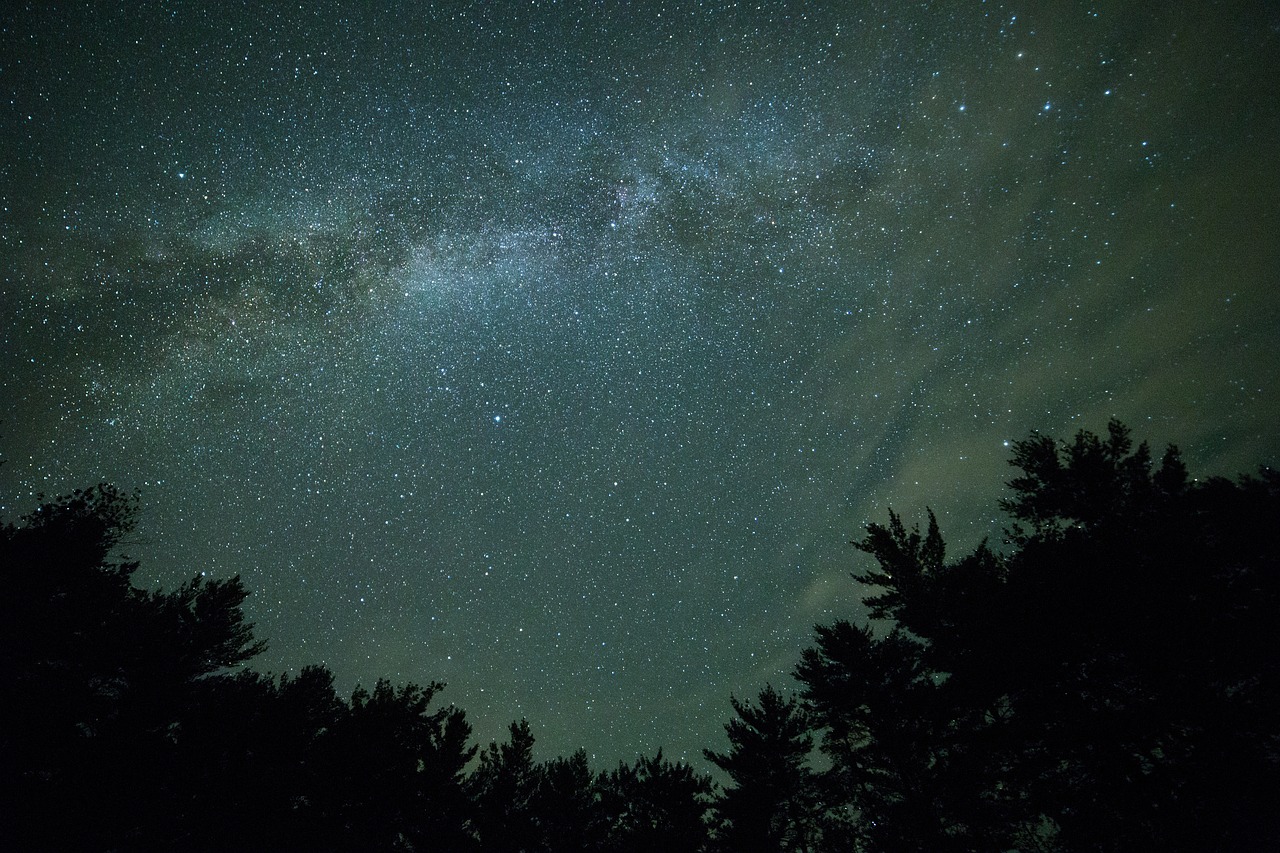Justin Whitaker
These are very peculiar times that we are living in. Growing up in a rural Rocky Mountain state in the U.S., it is easy to say that I’ve just been out of touch with the world. But I ask, and keep asking people, “what do you think of this world we live in now?”
The answer, time and again, is that it’s peculiar. From my conversations with seniors to college students, it is clear that what we are seeing now is not normal.
During election night, Nov 8, 2016, I was teaching a mindfulness class in a yoga studio in Helena, Montana. A student or two might have been missing, but the vast majority of them were there, sitting in an hour of silence and instruction while the world around them was glued to TVs and computer screens watching election results come in. I mentioned this in our class that night: we were going “against the stream” of society by simply sitting still and examining our thoughts. We turned inward while the world turned outward.
When I arrived home that cool November night, I looked up at the sky and breathed deeply the vast and clear constellations beaming down at me in my very low light-pollution neighborhood. It was awe inspiring: the coolness of the air, the calm of the class, the vastness of the sky. All deeply and amazingly special in that moment.
But another moment had already passed. As I had left the yoga studio I opened a text message from my partner, worried about the coming election results. With that in mind, I took a deep breath as I went into my home – into the “stream” of society, into the worry, the hope, the anxiety and more which occurs on an election night. I comforted my partner, and I sat with as much ease as I could as it became ever more clear that Hillary Clinton would lose the election.
I credit meditation with helping me keep my cool that night, realizing that the world hadn’t ended (though the results certainly have led to great suffering for many). I also credit meditation with helping me get out, days later, to meet with fellow concerned citizens. Meditation might start with turning inward, but it must always lead to a connection with others. As we do the “inner work” those connections should grow deeper and deeper as we see others as fellow sentient beings instead of as objects of beauty or power or pleasure.
As the days after the election and inauguration have turned into months, the world still has not ended (and yet, again, many immigrants and people simply trying to travel to the U.S. have been made to suffer needlessly). I continue to work in community groups, small and large, to deepen our connections and our commitments to one-another. I continue to practice meditation, further unraveling my own inner barriers and preconceptions. I continue to teach, helping others to do the same. I dig in, knowing that this work is for the long haul.

